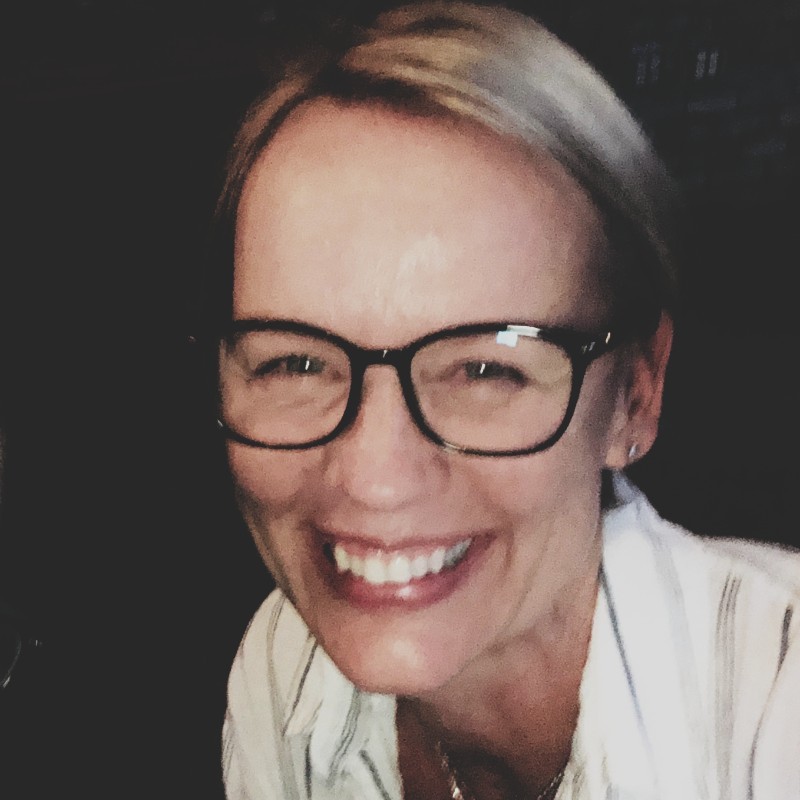The C-Suite's Essential Guide to Keeping Up with Sales Approaches and Marketing Tools
- Vera Fischer

- Oct 15, 2024
- 3 min read

As a fractional CMO, I can attest that continuously keeping your finger on the pulse of what's being developed is vital, not just for day-to-day operations, but for long-term strategy and competitive advantage.
In my role, I make it a point to sign up for at least 3–4 demos a month on tools related to marketing and sales. But this practice isn’t just about exploring shiny new gadgets; it’s about understanding how companies position themselves, how their sales teams overcome my challenges, and how good their demos are at addressing my pain points.
Why does this matter to the C-Suite?
1. Marketing is Constantly Evolving
Marketing trends and tools are always in flux. From AI and automation to data analytics and content personalization, the landscape is constantly shifting. If you're not regularly reviewing what's new, you risk falling behind. For the C-Suite, this isn’t just about adopting the latest tech; it’s about maintaining a clear view of how market dynamics are changing and how your competitors are responding.
By attending demos and immersing yourself in new tools, you gain insight into not just the product, but the strategy behind it. It’s about seeing how well the sales team understands your challenges and how they propose to solve them. How are they positioning their product in a saturated market? What platforms are they using to host their demo? Is it seamless, or is it clunky? All of these experiences inform my perspective on how to differentiate my client's offering.
2. It Sharpens Competitive Intelligence
In every demo, I gather competitive insights—how salespeople pitch, how they structure their value proposition, and how they handle objections. What really stands out to me is how different companies build rapport and tailor their pitch to resonate with the unique challenges I face. This information is gold. It helps me better understand my competition, what they're doing well, and, more importantly, what they’re missing.
When you step into a competitor’s sales process, you're not just a passive participant; you’re observing the finer points of their operation. What tools are they using? How do they communicate their value? Are their processes more efficient than mine? These are the questions I ask in every demo, and the answers help refine my own approach to marketing and sales development.
3. Sales Techniques as a Learning Tool
Every demo I sit through also serves as a learning opportunity for my own sales techniques. I take note of how the salespeople handle my concerns, how they explain their value proposition, and the tone they use. Some companies have salespeople who are highly knowledgeable and authentic, while others rely heavily on a rehearsed script.
For the C-Suite, understanding the nuances of modern sales techniques is critical. It’s not just about reviewing products, it’s about understanding how to position your brand, the product value proposition, how to communicate effectively, and how to navigate tough conversations with customers. It's market research disguised as a product demo, and it’s one of the most efficient ways to stay on top of what’s working in the sales world.
4. The Importance of Being in the Trenches
In the C-Suite, time is always in short supply, and it's easy to delegate the more tactical aspects of marketing and sales. After all, who has time to sit through product demos? But the truth is, while delegation is crucial, there’s real value in understanding what’s happening at the ground level. You don’t have to be in every demo, but you need a system to stay connected to the challenges and opportunities your team faces.
By keeping a pulse on what's working (and what's not), you get the insights you need to lead effectively. Whether that’s through quick debriefs with your team or cherry-picking a few key demos to attend, it ensures you’re asking the right questions and focusing on the trends that matter. Staying current isn't just a job for the marketing department—it's a responsibility for every leader in the C-Suite.
5. Final Thoughts: Keep the Pulse
As a fractional CMO, I’ve seen firsthand the importance of consistently monitoring the latest developments in marketing tools and trends. The more demos I attend, the more insights I gain—not just into the products themselves, but into how companies position and sell them. This practice is about more than keeping up with technology; it’s about staying sharp, refining competitive intelligence, and ensuring that my strategies are as up-to-date and effective as possible.
For any executive looking to sharpen their edge, I highly recommend carving out time each month to participate in product demos. It’s a simple yet effective way to stay ahead of the competition and ensure that you’re making informed decisions in an ever-evolving landscape.
---
Interested in exploring how a fractional CMO can help your business navigate the changing marketing landscape? Feel free to reach out. Let’s keep the pulse on what’s next, together.




Comments